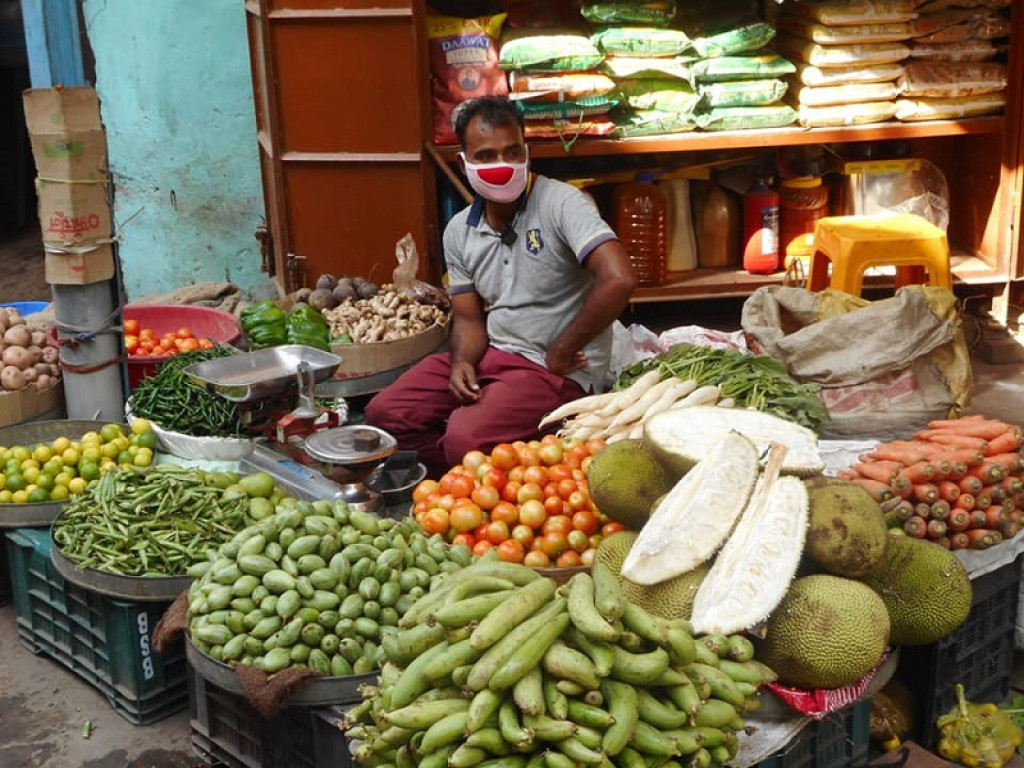Vegetable prices surge in Mauritania amid flooding and agricultural decline

Mauritania is bracing for a sharp increase in vegetable prices due to recent flooding that has severely impacted agricultural production, the Movement for the Defense of Farmers’ Rights has warned.
Muhammad al-Imam Muhammad Abdullah, the group’s secretary-general, said, “This season will see no agricultural production, meaning the market will rely heavily on imported produce, leading to a significant rise in vegetable prices.”
The flooding threatens to undermine government efforts to achieve food self-sufficiency, a goal the Mauritanian government had highlighted in recent years.
Plans were laid to reduce dependency on imports and strengthen domestic production, bolstered by increased investments in the agricultural sector.
This year alone, over four billion ouguiyas were allocated to support agriculture, targeting food security challenges exacerbated by the COVID-19 pandemic and the Russia-Ukraine conflict.
Despite measures such as raising taxes on imported vegetables, reducing levies on agricultural inputs, and subsidizing fertilizers and pesticides, these efforts are now facing harsh setbacks.
Floodwaters have devastated key agricultural regions along the riverbanks, with an estimated 7,000 to 8,000 hectares of farmland submerged.
Ould Muhammad Abdullah noted that vegetable exports, which reached around 500,000 tonnes last year, have plummeted.
He described the situation in riverbank areas as a “true catastrophe,” with local populations bearing the brunt of the crisis.
The destruction of critical infrastructure, including rice milling facilities, poses additional threats, potentially leading to job losses in the industry.
He warned that the ongoing agricultural decline presents a major challenge for Mauritania’s authorities.
The deterioration, if left unchecked, could drive migration among agricultural workers, further weakening local production and exacerbating hardships for communities already struggling with the impact of climate-related disasters.
About The Author
dailymailafric
I am an avid African news observer, and an active member of Daily Mail Africa.
I’m Passionate about staying informed on diverse topics across the continent,
I actively contribute to publishing on political, economic and cultural developments in Africa.



